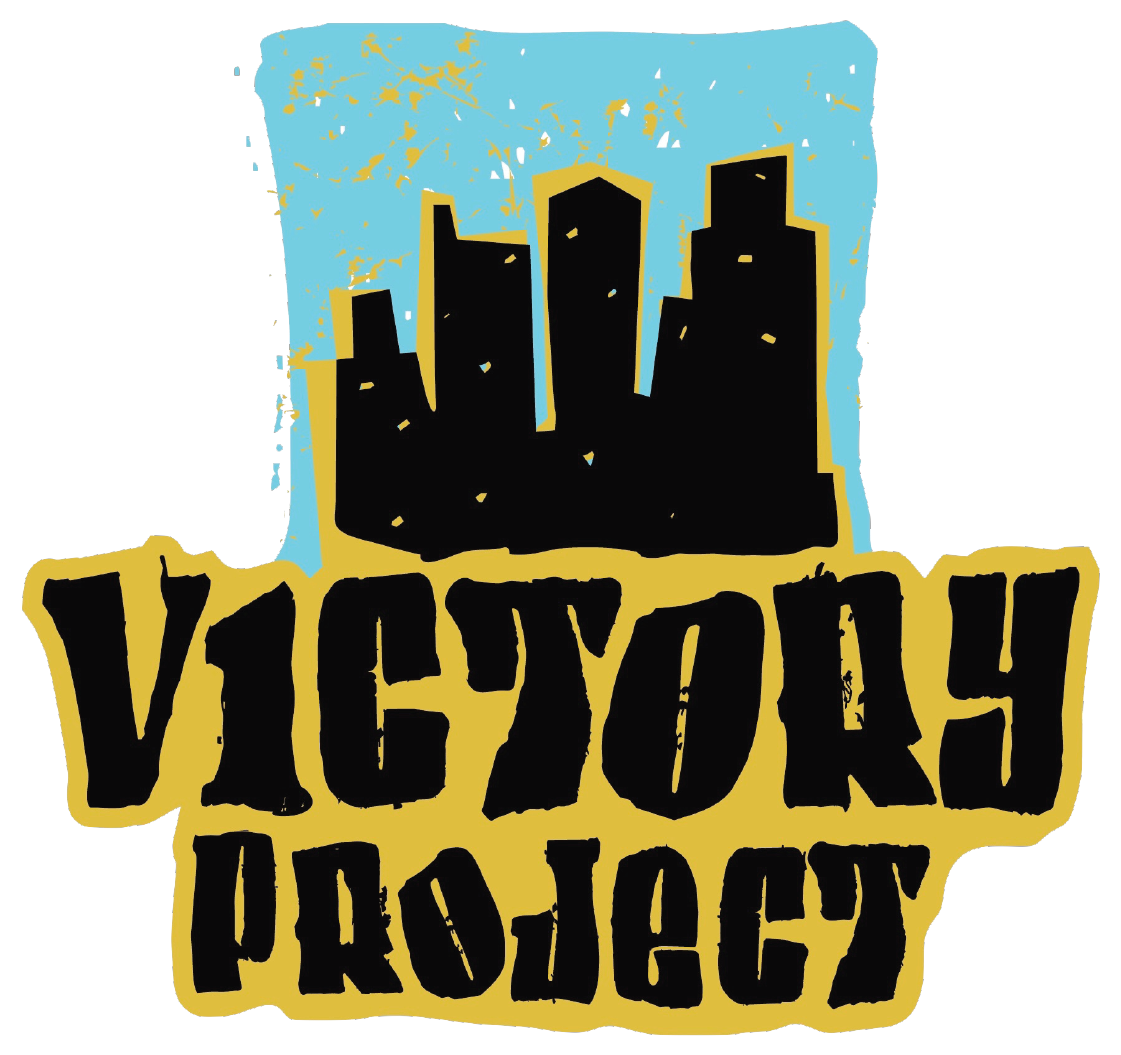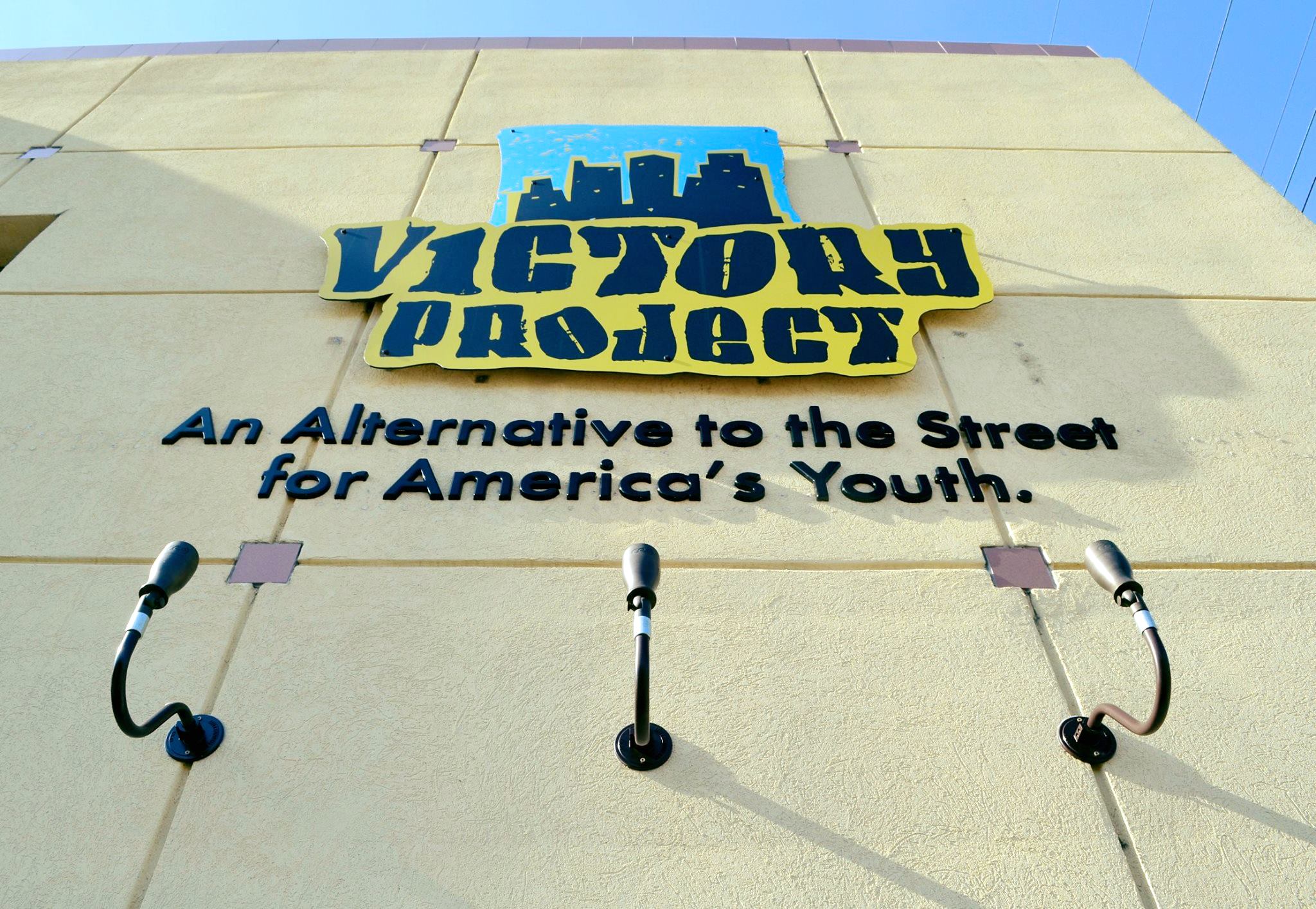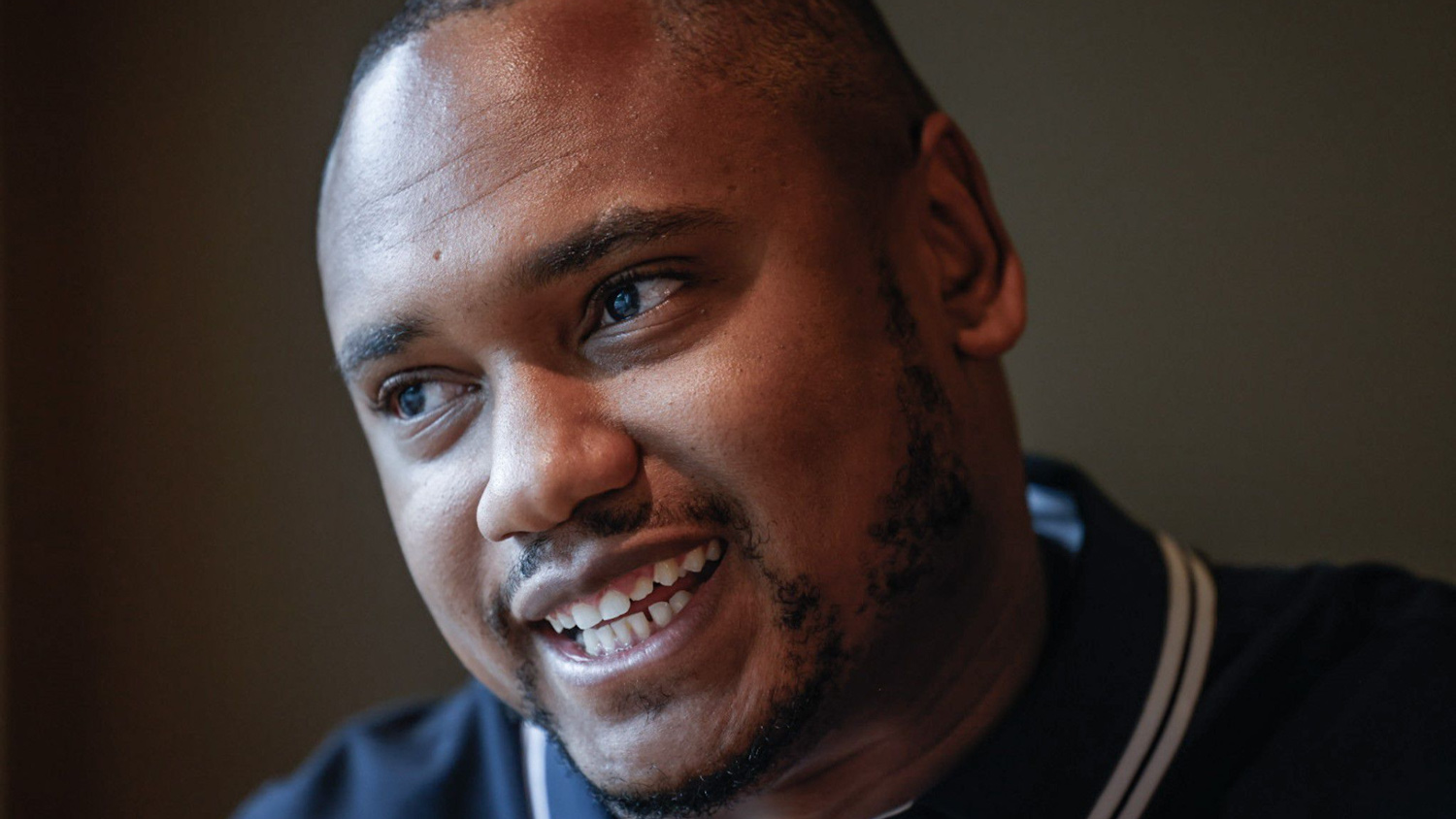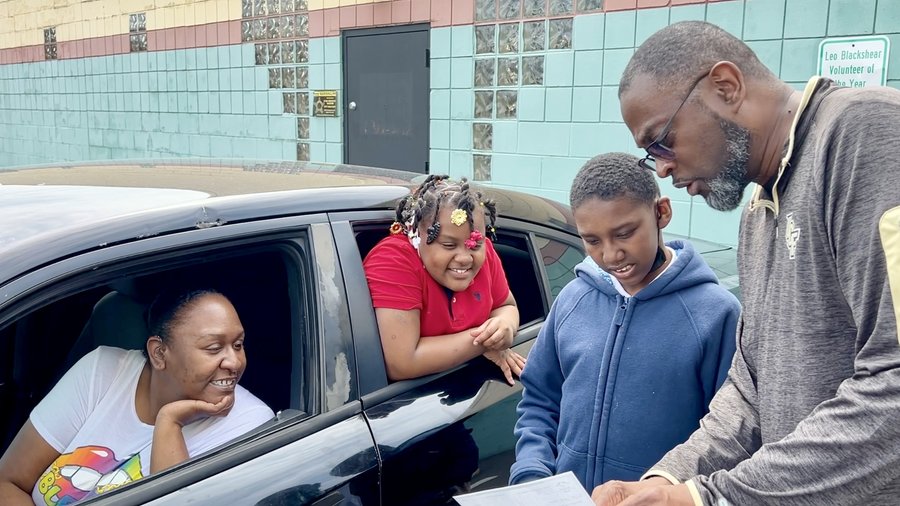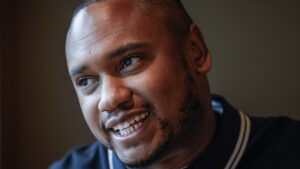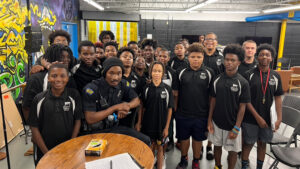Written by Cornelius Frolik for Dayton Daily News – A privately funded nonprofit organization that many young men say profoundly changed their lives is preparing to open a second campus in West Dayton that will allow it to serve more youths and be closer to the bulk of its student population.
The Victory Project, which operates out of a 20,000-square-foot facility on Troy Street in Old North Dayton, expects to open a new facility about half that size in mid-to-late-October. Officials said they hope the new campus will reduce or eliminate a waitlist to join the program.
“Their guidance is something special,” said 24-year-old Dayton resident Daylan Sims, who graduated from the program around 2017.
“There’s a lot of stuff that people don’t take seriously in life, and I was glad that I was taught at a young age what you need to take serious in life, and I feel that gave me a boost.”
The Victory Project was founded in the late 2000s to be an alternative to the streets for local boys and young men.
The program on average serves 50 to 60 youths, but the demand exceeds the number of available spots and there is a waiting list of about 20 to 30 young people.
But the organization is renovating an old church at 4519 Oakridge Drive in the Residence Park neighborhood, near Thurgood Marshall High School and the International School at Residence Park, into its new campus.
The Victory Project in the coming years also would like to create a third campus that may focus on helping girls and young women.
The new campus is expected to start off with about 20 or 30 students, but there is room to grow.
The Victory Project generally accepts boys and young men in grades 8 to 12 (typically ages 12 to 18) who are “disengaged youth,” meaning they are not playing sports, working a part-time job, or participating in other extracurricular activities, said Monnie Bush, founder and CEO of the organization.
Most students come from West Dayton and many are recruited to join by their peers.
The Victory Project offers tutoring, educational assistance, family-style meals, computer and various forms of recreation and entertainment.
One of the main draws is the opportunity to work; all students are employees of its small business and are eligible to earn $10.25 per hour, plus bonuses.
The students work in landscaping, light construction or assembly roles if they fulfill certain goals and objectives, such as attending classes and keeping up their grades.
This isn’t workforce development, it’s “work-ethic development” that will pay dividends for the rest of these young men’s lives, Bush said.
The Victory Project tries to address “the pillars of poverty” through education, entrepreneurship, and enlightenment, he said.
“This isn’t us coming in here to save these kids–no, no, no,” Bush said. “They’ve already got so much potential, and we’re here to partner with them to show them how much potential they have and help them discover that.”
About 250 young men have graduated from the program.
Sims, an alum of the program, said he was a class clown in middle school and didn’t take his education seriously until he joined the Victory Project.
Sims said his time and experience with the organization changed the way he viewed and approached school, leaning and his religious faith, and he was taught the value of hard work.
The Victory Project holds students accountable in loving ways, he said, and it provides brotherhood and friendship.
Sims said what he learned there helps him everyday and that the program gives young people purpose and tools to help them avoid temptations and pitfalls that can lead to jail or an early death. Sims is married with children and now works as a front-loader driver with a major waste management company.
Ashton Morgan, a 32-year-old who joined the Victory Project in his late teens, had a hardscrabble childhood. He lived in Section 8 housing when he was 9 years old and his apartment building and sister’s car were shot up.
Later, in his teens, he found himself homeless, and he slept in his car, couch surfed and stayed in a homeless shelter for youth.
He said the organization exposed him to successful and caring people who made him think about his life goals and provided advice and support.
He said the Victory Project has a remarkable authenticity and the program is made for disadvantaged Black youths who need a place to go that offers a loving and supportive environment.
“It’s a breeding ground for positivity, for opportunity,” he said, adding that the program helped counter feelings of hopelessness and despair.
Morgan eventually graduated from the police academy and served in law enforcement for seven years. He now wants to pursue a higher degree, and he’s eager to discover where his academic and future career interests lie.
“They teach you discipline, job skills, integrity– these are often things that you won’t learn in your home life,” he said.
